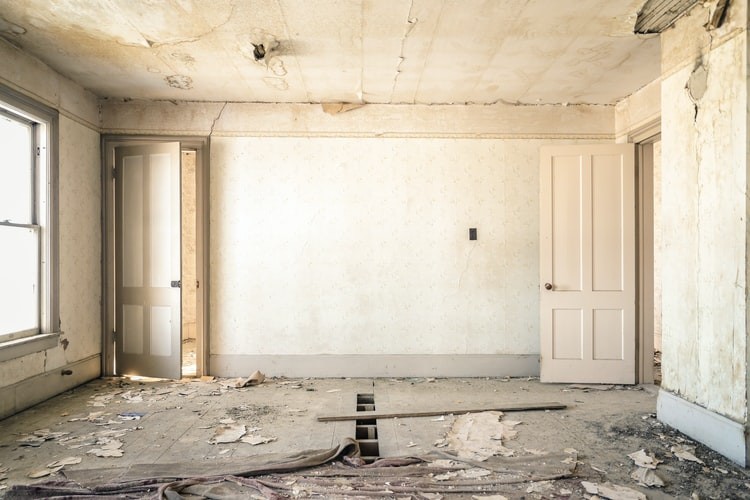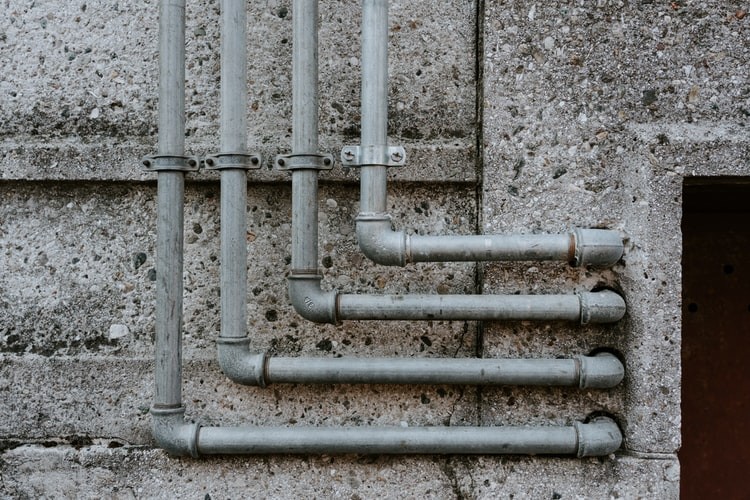Plumbing problems can quickly become the bane of your existence, costing you hundreds of dollars that can escalate to thousands if you leave them unaddressed. Slab leaks aren’t uncommon, but they shouldn’t be taken lightly either. The reason they’re so dangerous is that they’re largely invisible, damaging and eroding your concrete till it’s too late.
There can be many ways to tell if you’re dealing with this problem. Sometimes warped floors or sky-high water bills can be indicators, but other times you’ll need a water slab leak detection service like ours.
But what causes slab leaks and such intense damage to your property to begin with? Let’s go over some of the most common reasons:
1. Poorly constructed and installed pipes
If, at the time of construction and pipe installation, your contractor damaged pipes, bent, dented, or even used poor quality pipes, chances are that they’ll eventually leak and burst under pressure.
Slab leaks are common, especially in copper pipes that are more prone to damage and corrosion, impacting your drinking water too. Early detection can play a part in prevention, as your plumbing contractor evaluates the work done for your home.

2. External pressure and force
Texas is no stranger to intense storms, tornadoes, hurricanes, and other natural and man-made disasters, which can add external pressure in addition to other processes like soil erosion. This external force could contribute to the pressure on your pipes, especially if your house’s foundation shifts due to soil erosion.
3. Wear and tear over time
Abrasion, wear and tear over the years, and the age of your pipes/home are all factors to consider. These are all normal processes that occur with use, and if your home is several decades old, chances are your pipes are more likely to burst and leak. The abrasion against gravel, concrete, soil, and other materials wears down your pipes over time. So even if your home isn’t that old, the intense contact may be at fault.
4. Water pH levels being erratic.
Your water levels should ideally be between 6 and 8.5, and extreme acidic and alkaline levels can affect your pipes, corroding them and causing leaks, damage, and other harmful effects to your person and property.
If you suspect your home’s plumbing has any of the issues above, or you’re trying to manage a slab leak, it’s important to hire a professional for slab leak repairs immediately. This will help prevent serious damage and control the situation. If you’re in Fort Worth or Arlington, TX, contact us today.

